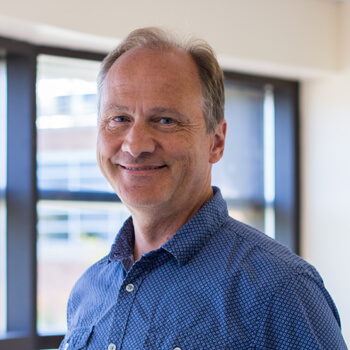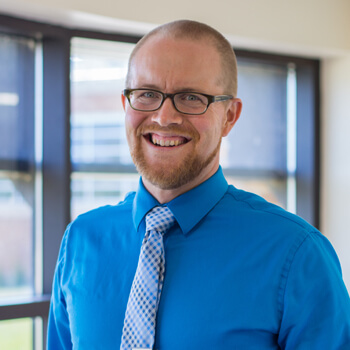Credits
120
A 3-year path to become a certified Michigan math teacher with a bachelor’s degree.
Earn your secondary education mathematics teaching certification in as little as three years. Begin with online courses that build a strong foundation in teaching, then gain hands-on experience through classroom observation and student teaching. This program prepares you to teach mathematics at the middle (grades 5 to 9) or upper (grades 7 to 12) levels.
120
Deepen your calling with a powerful credential that prepares you for ministry in Lutheran schools. Learn more about the LTD.
$500
This program has multiple start dates during the fall, spring, and summer trimesters
Self-paced online courses are conducted in 8-week sessions.
Our team is available to help you as you consider the next step in your education.
Our team is standing by to assist you with additional program details, financial aid options, and admissions questions.
Loading...
The online courses will introduce you to the fundamental theories of education and build your practical knowledge in mathematics of secondary education.
These experiences “in the field” or “in the classroom” are an integral part to earning your certification to teach in a private or public Michigan school district.
You will need to complete the required observational hours in classrooms watching current teachers to learn specific skills, strategies, and learning practices. These observational experiences will start in your first semester and go through your fifth semester. Student teaching will take place during your final semester of this accelerated program. You will student teach in an eligible school and meet regularly with Concordia faculty and your cooperating teacher to track progress and receive feedback.
Please note that a background check is required at the beginning of your first clinical and again prior to student teaching. You will work with faculty to locate a mentor teacher that meets the following requirements. This educator needs to have been teaching for a minimum of four years with the last two years at the school they are currently teaching.
You may apply at any point in the year. No need to wait. Concordia operates on a rolling admission basis with new courses beginning every 8 weeks. This program begins cohorts in early July and early January. Applications are reviewed until about 2 weeks before the start date.
Deepen your calling and prepare for service. Concordia's Lutheran Teacher Diploma (LTD) prepares educators for service in
Associate Professor
Office: Luther Hall Luther 208F
Phone: (262) 243-4435
B.A. Mathematics and B.S. Mathematics from University of Missouri - Columbia<br>M.A. and Ph.D. Mathematics from University of Illinois at Champaign-Urbana

Assistant Dean - Academic Operations, Professor
Phone: (262) 243-4203
Dr. Paape serves as an assistant Dean in the School of Education with a focus on initial teacher licensure. His instructional focus is in mathematics education, mentoring future teachers of mathematics. His research focuses on student-centered mathematics instruction, with an emphasis on implementing rich, conceptual mathematical tasks.
